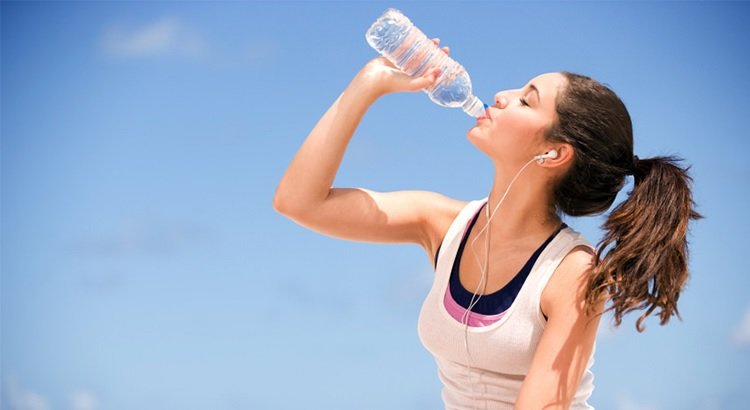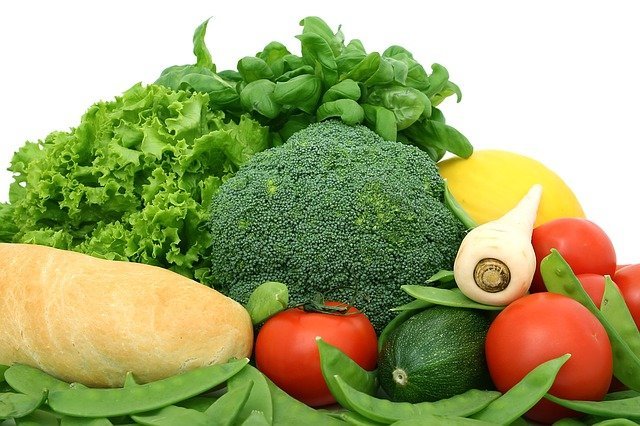How Much Water Do You Really Need To Drink? A Look at the Facts

Water is essential for survival. There is no doubt about that. However, there has been much debate over just how much water people need to drink each day. Much of the conversation revolves around achieving optimal health instead of merely surviving. Looking over the facts can help you find answers to how much water is enough.
Why Is Water So Important?
Water plays a role in almost every biological function of the human body. It is also the single largest component in human tissue, accounting for approximately 60% of the body by volume. Dehydration can set in as soon as fluid levels dip, which might be as quick as an hour in extreme heat. The body begins to shut down within a few days of insufficient water. It is generally accepted that a person cannot survive much longer than three days without it.
Take a look at some of the functions water plays in your body:
- Aids digestion and helps the body eliminate waste
- Helps balance electrolytes
- Regulates body temperature
- Protects the spinal cord
- Cushions and lubricates joints
Is Tap Water Safe To Drink?
In most places, tap water is safe to drink. Drinking water from the tap can also save you a lot of money compared to buying it in bottles. However, if you have concerns, consider installing a whole-house filtration system. A reverse osmosis water filter is generally considered the gold standard for high-quality water. These remove impurities that alter the taste and smell of tap water while filtering out potentially harmful contaminants.
In addition to being more economical, tap water is better for the environment than its bottled counterparts. When you choose to refill a glass or water bottle, you keep a plastic bottle out of the trash. Considering that less than 10% of all plastic is recycled, drinking tap water helps to keep plastic out of landfills.
Do Other Drinks Count Toward Water Intake?
If you are like many other adults, you prefer flavored drinks over plain water. That’s perfectly fine. Other drinks count toward your minimums, even if they have caffeine. That does not mean you should skip the tap and head straight for the soda when you are thirsty.
Your body must process any additives in your drinks, making it work harder to get the same benefit. Additionally, there are negative side effects of drinking too much of certain types of drinks. For example, sugar and artificial sweeteners have been linked to serious illnesses, and caffeine can interfere with sleep. That’s why the recommendations are made for water.
What Is the Difference Between Water and Fluids?
Some of the confusion around water intake is due to the difference between fluids and water. Fluids are all the liquids your body takes in. Water is, well, water. Most medical recommendations are based on fluid intake rather than just water. That’s because your body can get water from a wide range of foods and drinks.
How Much Water Do Adults Need To Drink?
Unfortunately, the truth is that there is no one definitive answer to this question. Some people may need to drink close to a gallon of water a day, while others can get by with much less. On average, adults need between 11.5 and 15.5 cups of fluids each day.
Remember, that total can come from drinking water, other beverages, and food. Outside factors, such as your activity level and the temperature, also affect it. if you are unsure how much water to drink, talk to your doctor for advice specific to your needs.
Your body eliminates excess water through urine, so a good rule of thumb is to drink enough water to make your urine pale yellow. If it is dark gold, there is a good chance you are not drinking enough to support biological functions.
It is important to drink enough water to stay hydrated. It varies from person to person, but for most adults, that means drinking about 10 cups of liquid daily and getting fluids from foods.












